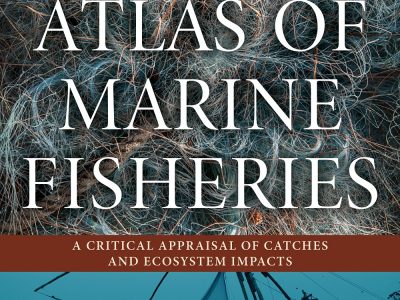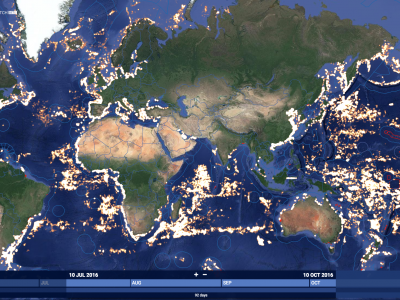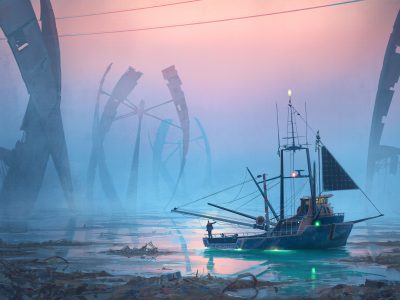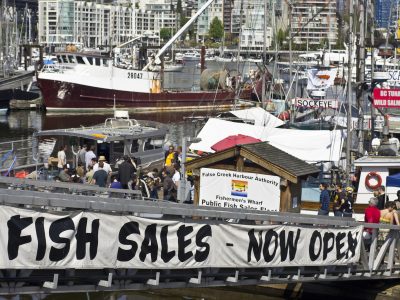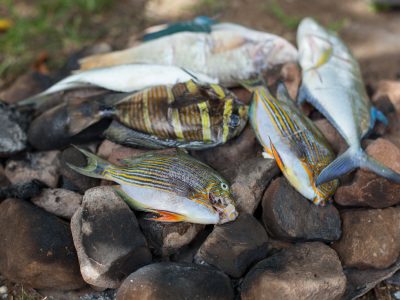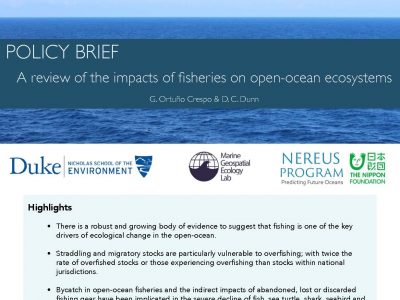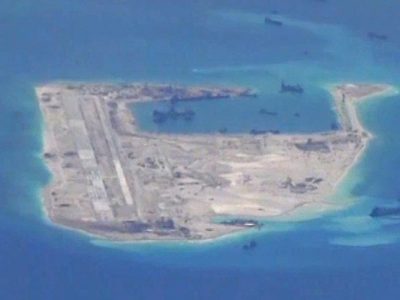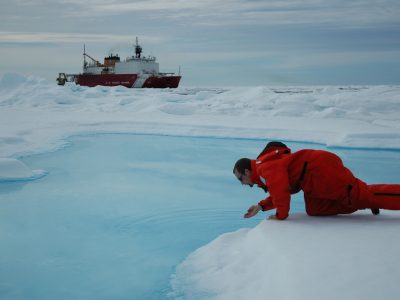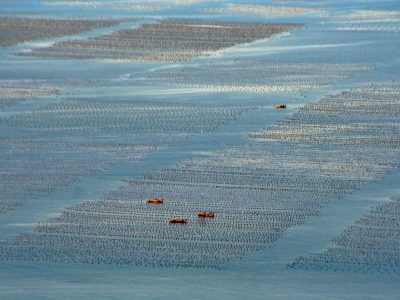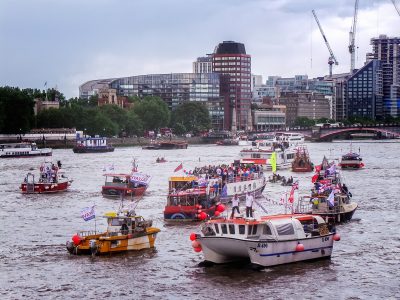Global Atlas of Marine Fisheries
For the past ten years, Sea Around Us has been constructing a more accurate view of world fishery catches, finding, among other things, that 30% of catch goes unreported. Now the work of 400 researchers from 273 countries, led by Daniel Pauly and Dirk Zeller, has been compiled in a comprehensive 520-page book called the Global Atlas of Marine Fisheries.



